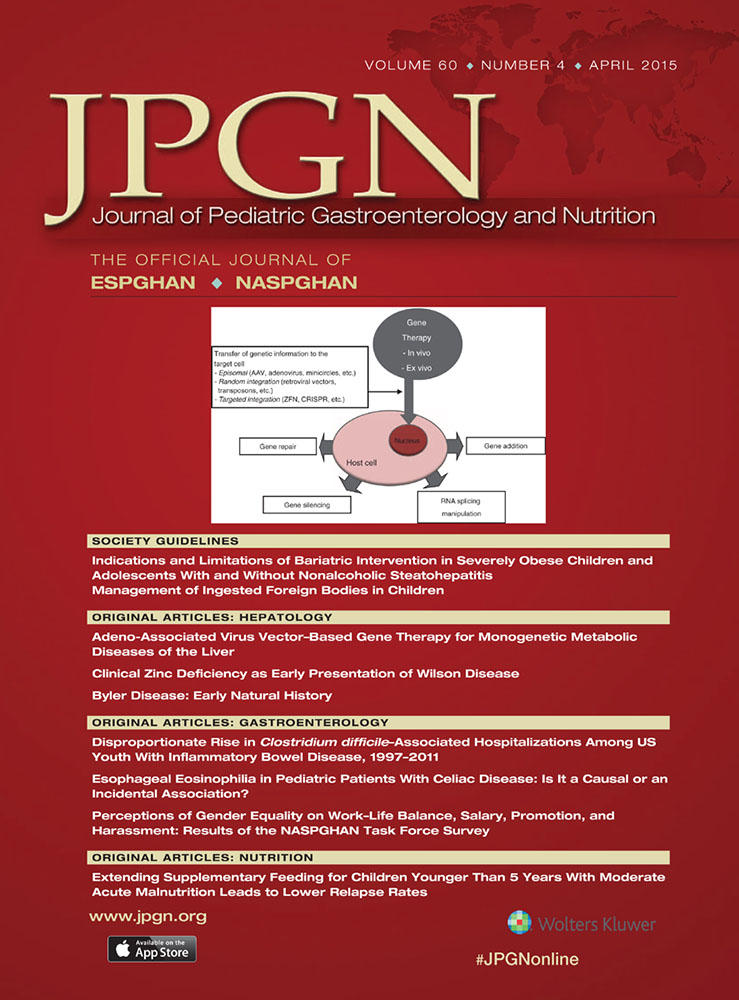Mechanical Bowel Preparation for Children Undergoing Elective Colorectal Surgery
This study was in part funded by a grant from the Clinical and Translational Science Awards (UL1TR000090).
The authors report no conflicts of interest.
ABSTRACT
Objectives:
Adult literature supports the elimination of mechanical bowel preparation (MBP) for elective colorectal surgical procedures. Prospective data for the pediatric population regarding the utility of MBP are lacking. The primary aim of this study was to compare infectious complications, specifically anastomotic leak, intraabdominal abscess, and wound infection in patients who received MBP with those who did not.
Methods:
A randomized pilot study comparing MBP with polyethylene glycol with no MBP was performed. Patients, 0 to 21 years old, undergoing elective colorectal surgery were eligible and randomized within 4 age strata. Statistical analyses were performed using χ2 or Fisher exact test for categorical data and t test or Wilcoxon 2-sample test for continuous data.
Results:
Forty-four patients were enrolled in the study from December 2010 to February 2013, of which 24 (55%) received MBP and 20 (45%) did not. Two patients (5%) had anastomotic leak, 4 (9%) had intraabdominal infection, and 7 (16%) had wound infections. The rate of anastomotic leak, intraabdominal abscess, and wound infection did not differ between the 2 groups.
Conclusions:
MBP for elective colorectal surgery in children does not affect the incidence of infectious complications. A larger multiinstitutional study is necessary to validate the results of this single-institution pilot study.




